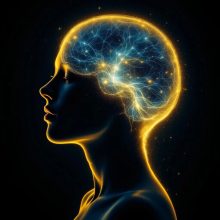
Anxiety Disorder
Anxiety disorders are among the most common mental health conditions, affecting millions worldwide. While occasional anxiety is a normal response to stress, chronic or intense anxiety can significantly impair daily functioning. Anxiety disorders encompass a range of conditions where persistent worry or fear becomes overwhelming. What Causes Anxiety Disorders? Anxiety disorders are influenced by a…
More info